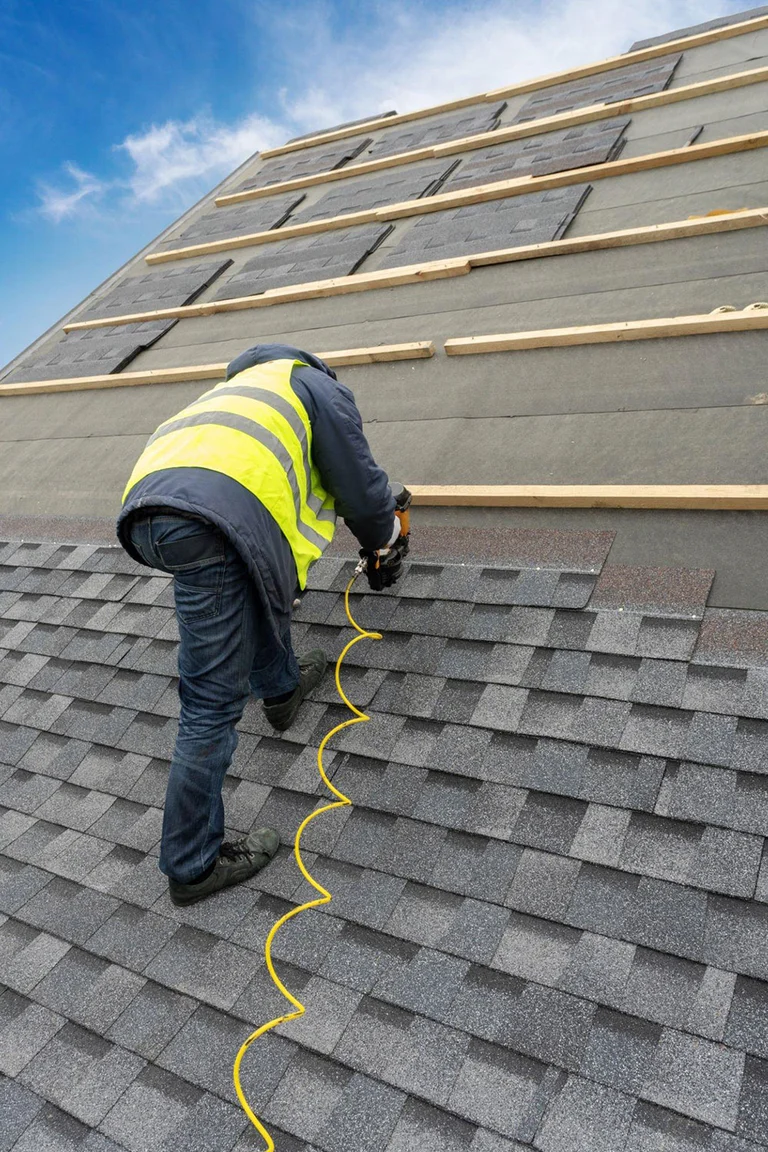
The construction industry is undergoing a remarkable transformation fueled by rapid advancements in smart construction technology. These innovations are revolutionizing traditional construction practices, offering new ways to plan, design, and execute projects with increased efficiency, precision, and sustainability. In this comprehensive guide, we’ll delve into the top innovations shaping the future of buildings and how they’re reshaping the construction landscape.
Understanding the Impact of Smart Construction Technology
Smart construction technology encompasses a wide array of digital tools and solutions that leverage data, automation, connectivity, and artificial intelligence to optimize various aspects of the construction process. These innovations go beyond bricks and mortar, streamlining operations and enhancing collaboration among stakeholders.



Key Innovations Powering Transformation
- Building Information Modeling (BIM):
At the heart of smart construction lies BIM, a dynamic 3D modeling process that provides a digital representation of a building’s design and functionality. BIM facilitates collaboration among architects, engineers, contractors, and clients, ensuring everyone is on the same page throughout the project lifecycle.
- Internet of Things (IoT):
IoT technology involves connecting construction equipment, machinery, and even building components to the internet. This interconnectedness enables real-time monitoring, data collection, and analysis, fostering predictive maintenance, improving efficiency, and enhancing safety on construction sites.
- Robotics and Automation:
Robotic technology is being harnessed for tasks ranging from bricklaying and concrete pouring to site surveying. These machines work with precision and consistency, significantly reducing manual labor and expediting project timelines. Automation also extends to administrative tasks, optimizing resource allocation and project management.
- Augmented Reality (AR) and Virtual Reality (VR):
AR and VR technologies are changing the way construction professionals visualize and interact with their projects. Architects and designers can walk through virtual buildings, identifying design flaws and modifications before construction begins. This results in reduced rework and enhanced collaboration.
- Drones for Site Monitoring:
Drones equipped with cameras and sensors are becoming an integral part of construction site management. They provide aerial views, track progress, and gather data for accurate project monitoring. Drones improve safety by identifying potential hazards and enhancing quality control.
- Artificial Intelligence (AI) and Analytics:
AI-driven analytics transform raw construction data into actionable insights. Predictive analytics help project managers foresee potential delays and allocate resources efficiently. Machine learning algorithms analyze historical data to refine project planning and decision-making.
- Prefabrication and Modular Construction:
Prefabrication entails producing building parts off-site and putting them together on-site. This approach reduces construction time, minimizes material waste, and enhances quality control. Modular construction streamlines the building process, allowing for faster project completion.
- Energy-Efficient and Smart Materials:
Innovations in materials include self-healing concrete, which repairs cracks autonomously, and smart windows that adjust opacity based on environmental conditions. These materials enhance building durability, energy efficiency, and occupant comfort.
Challenges and Future Prospects
While the potential of smart construction technology is immense, its implementation isn’t without challenges. Initial costs, workforce training, data security, and interoperability between various technologies remain areas of concern. Addressing these challenges requires industry-wide collaboration, continuous learning, and a commitment to staying updated with emerging trends.
Advantages of Adopting Smart Construction Technology
- Enhanced Efficiency and Productivity:
Automation and real-time data sharing optimize workflows, reducing project timelines and improving overall productivity.
- Cost Savings:
Smart technology aids in accurate cost estimation, resource allocation, and risk assessment, preventing budget overruns and minimizing project expenses.
- Improved Safety:
IoT-enabled sensors and drones monitor construction sites, identifying potential safety hazards and improving worker well-being.
- Sustainable Practices:
Smart technology promotes sustainable design and construction practices, contributing to reduced energy consumption and minimized environmental impact.
- Collaborative Environment:
BIM, AR, and VR technologies foster effective communication among project stakeholders, enhancing collaboration and reducing misunderstandings.
- Informed Decision-Making:
Real-time data and AI-driven insights empower construction professionals to make informed decisions, adapt to changes, and mitigate risks effectively.
- Accelerated Project Completion:
Modular construction and robotic technologies expedite project timelines, meeting client deadlines more efficiently.


Conclusion
Smart construction technology is fundamentally reshaping the construction industry, offering solutions that enhance efficiency, accuracy, and sustainability. From BIM to IoT and AI, these innovations are enabling construction professionals to streamline operations, reduce costs, and deliver projects with precision. By embracing these transformative technologies, construction companies are not only building structures but also shaping a future where innovation and creativity thrive. As the construction landscape continues to evolve, those who embrace smart technology will be best positioned to succeed in this dynamic and groundbreaking era.

